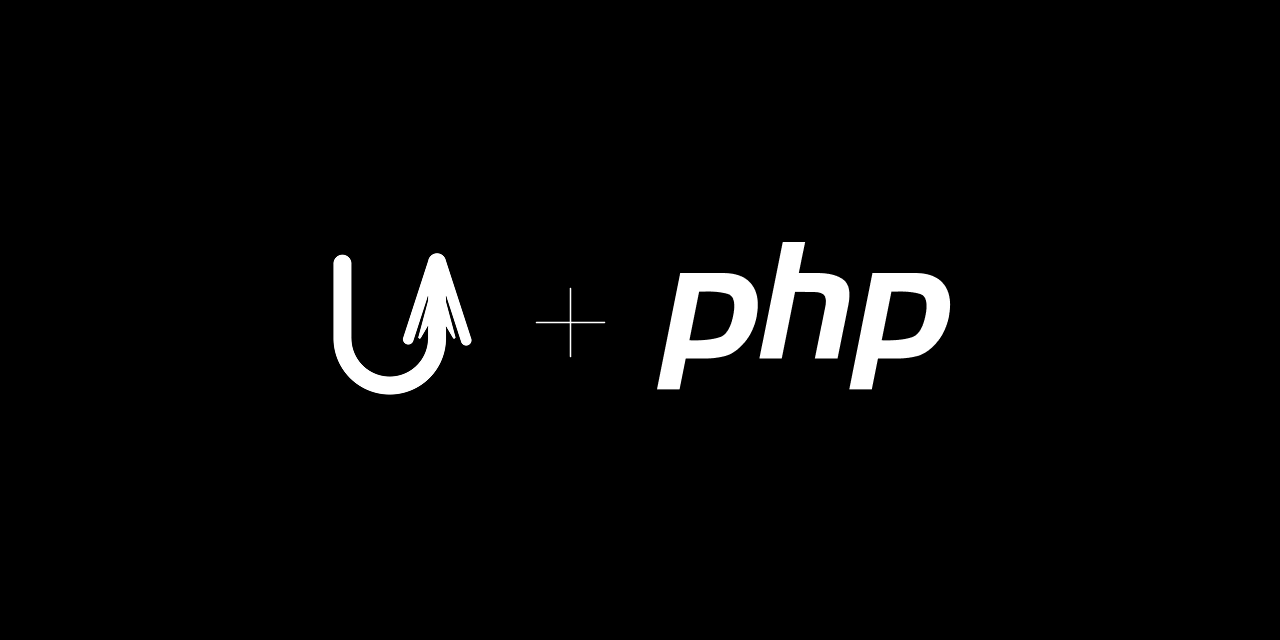mattstein / unsend-php
Unofficial Unsend PHP library.
Installs: 62
Dependents: 1
Suggesters: 0
Security: 0
Stars: 0
Watchers: 1
Forks: 0
Open Issues: 0
pkg:composer/mattstein/unsend-php
Requires
- php: ^8.1.0
- ext-json: *
- guzzlehttp/guzzle: ^7.5
Requires (Dev)
- laravel/pint: ^1.22
- mockery/mockery: ^1.6
- pestphp/pest: ^3.8
- phpstan/phpstan: ^1.11
README
An unofficial SDK for Unsend.
On non-2xx responses, methods throw
\Unsend\Exceptions\ApiExceptionwith parsed message and status code.
Installation & Usage
Install via Composer:
composer require mattstein/unsend-php
Create a client instance with your API key and specify your Unsend domain if you self host:
// Initialize via factory $unsend = \Unsend\Unsend::create('your-api-key', 'https://app.unsend.dev');
You can then use any of the included methods to interact with the API, where getData() provides decoded response data and getResponseObject() provides the entire Guzzle response:
// Send an email $response = $unsend->sendEmail([ 'to' => 'hello@example.tld', 'from' => 'reply@example.tld', 'subject' => 'Library Test Email', 'html' => '<p>This is a test!</p>', 'text' => 'This is a test!' ]); // Print email ID echo $response->getData()->emailId;
Methods
Available methods follow the API Reference.
getEmail(string $emailId)
Returns a single email record by ID.
$response = $unsend->getEmail('cxbkzjgku000xmw2tg7lndauk'); echo $response->getData()->subject;
listEmails(array $parameters = [])
Returns an array of email records, optionally filtered by parameters.
$response = $unsend->listEmails([ 'domainId' => 3, ]); foreach ($response->getData()->data as $email) { echo $email->subject . "\n"; }
iterateEmails(array $parameters = [])
Lazy iterator for listEmails() that continues through pagination instead of returning pagination metadata.
foreach ($unsend->iterateEmails(['domainId' => 3]) as $email) { echo $email->subject . "\n"; }
sendEmail(array $parameters)
Sends an email.
$response = $unsend->sendEmail([ 'to' => 'hello@example.tld', 'from' => 'reply@example.tld', 'subject' => 'Library Test Email', 'html' => '<p>This is a test!</p>', 'text' => 'This is a test!' ]); echo $response->getData()->emailId;
batchEmail(array $parameters)
Sends up to 100 emails in one request.
updateSchedule(string $emailId, string $scheduledAt)
Updates the targeted send time for a scheduled email.
$response = $unsend->sendEmail([ 'to' => 'hello@example.tld', 'from' => 'reply@example.tld', 'subject' => 'Library Test Email', 'html' => '<p>This is a test!</p>', 'text' => 'This is a test!', 'scheduledAt' => '2025-06-10T00:00:00Z' ]); $scheduledEmailId = $response->getData()->emailId; $unsend->updateSchedule($scheduledEmailId, '2025-06-07T00:00:00Z');
cancelSchedule(string $emailId)
Cancels a scheduled email.
$unsend->cancelSchedule('cxbkzjgku000xmw2tg7lndauk');
getContact(string $contactBookId, string $contactId)
Returns a single contact record.
$response = $unsend->getContact( 'cxb19a523000foa3ctrd5h7u7', 'cxb19bmdv000hoa3c3jfpx51t' ); echo $response->getData()->email;
getContacts(string $contactBookId, array $parameters = [])
Returns an array of contact records, optionally filtered by parameters.
$response = $unsend->getContacts('cxb19a523000foa3ctrd5h7u7'); foreach ($response->getData() as $contact) { echo $contact->email . "\n"; }
createContact(string $contactBookId, array $parameters)
Creates a contact record.
$response = $unsend->createContact( 'cxb19a523000foa3ctrd5h7u7', [ 'email' => 'gobiasindustries@example.com', 'firstName' => 'Tobias', 'lastName' => 'Fünke', 'subscribed' => true, ] ); echo $response->getData()->contactId;
updateContact(string $contactBookId, string $contactId, array $parameters = [])
Updates a contact record.
$unsend->updateContact( 'cxb19a523000foa3ctrd5h7u7', 'cxb19bmdv000hoa3c3jfpx51t', [ 'firstName' => 'Surely', 'lastName' => 'Fünke', ] );
upsertContact(string $contactBookId, string $contactId, array $parameters = [])
Upserts a contact record.
deleteContact(string $contactBookId, string $contactId)
Deletes a contact record.
$unsend->deleteContact('cxb19a523000foa3ctrd5h7u7', 'cxb19bmdv000hoa3c3jfpx51t');
getDomain(int $id)
Returns a single domain record.
getDomains()
Returns an array of domain records.
$response = $unsend->getDomains(); foreach ($response->getData() as $domain) { echo $domain->name . "\n"; }
createDomain(array $parameters)
Creates a domain record.
$response = $unsend->createDomain( [ 'name' => 'example.com', 'region' => 'us-east-1', ] ); echo $response->getData()->id;
verifyDomain(int $id)
Attempts to verify a domain.
$response = $unsend->verifyDomain(5); echo $response->getData()->message;

